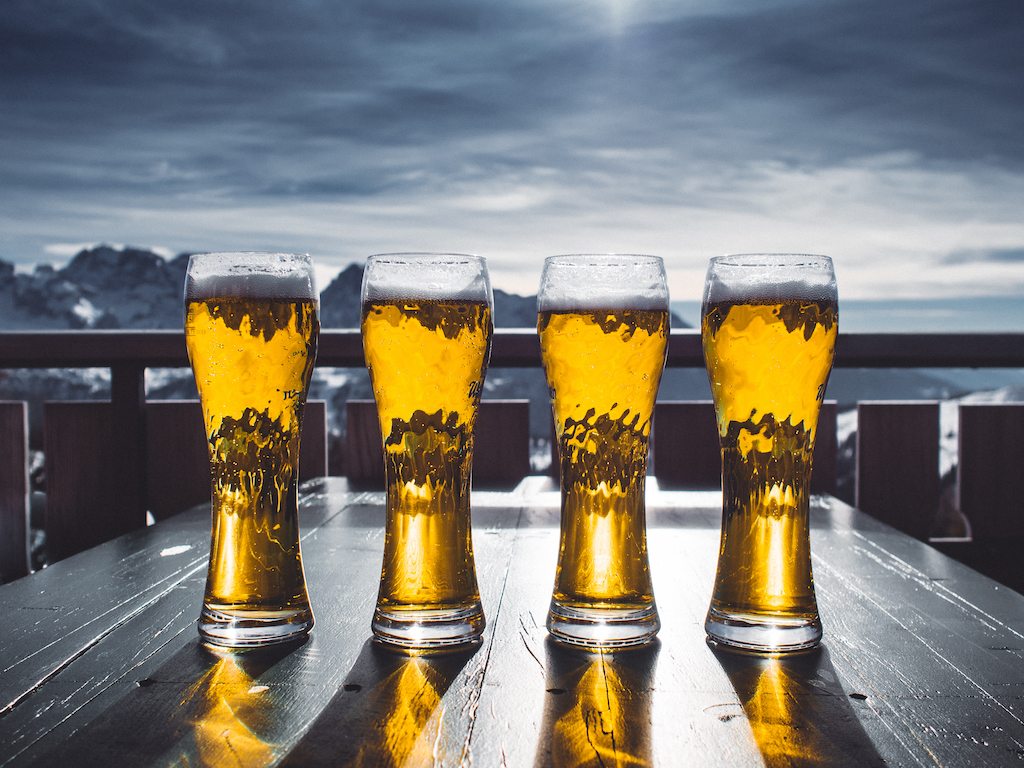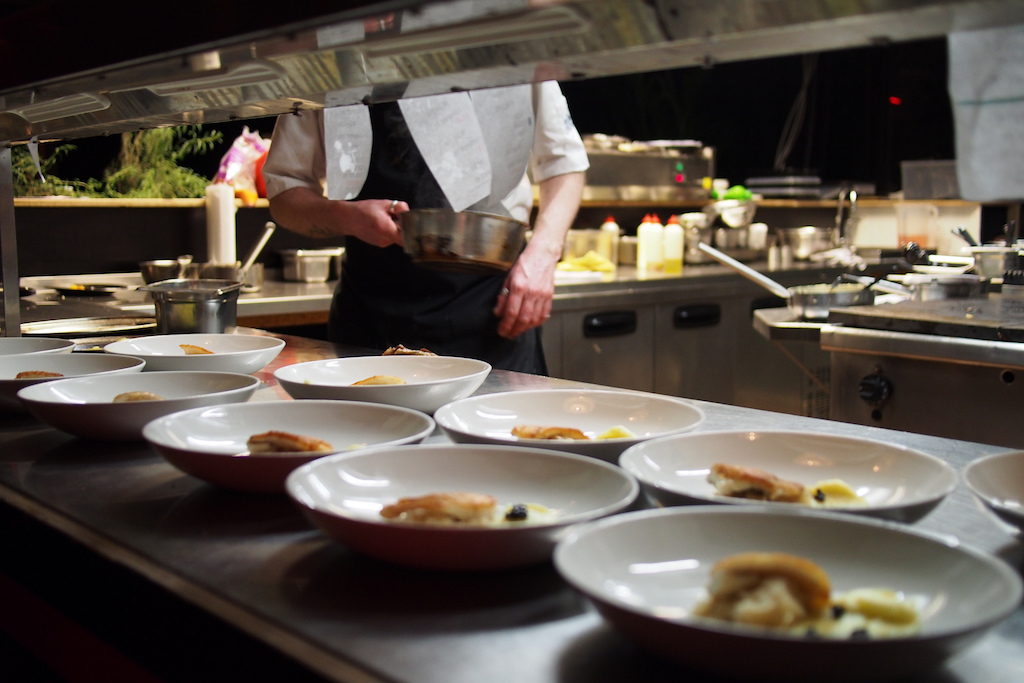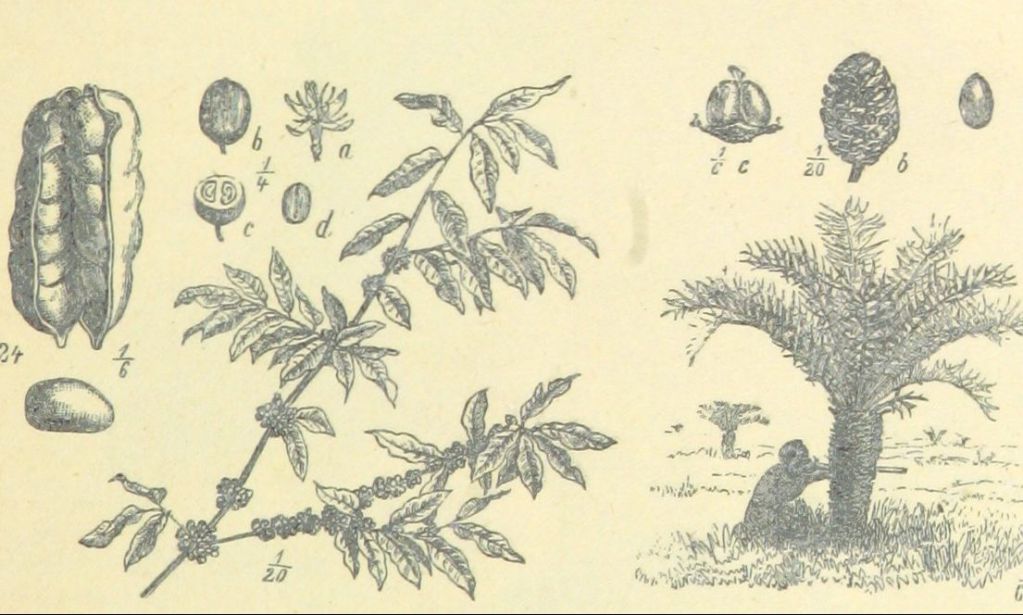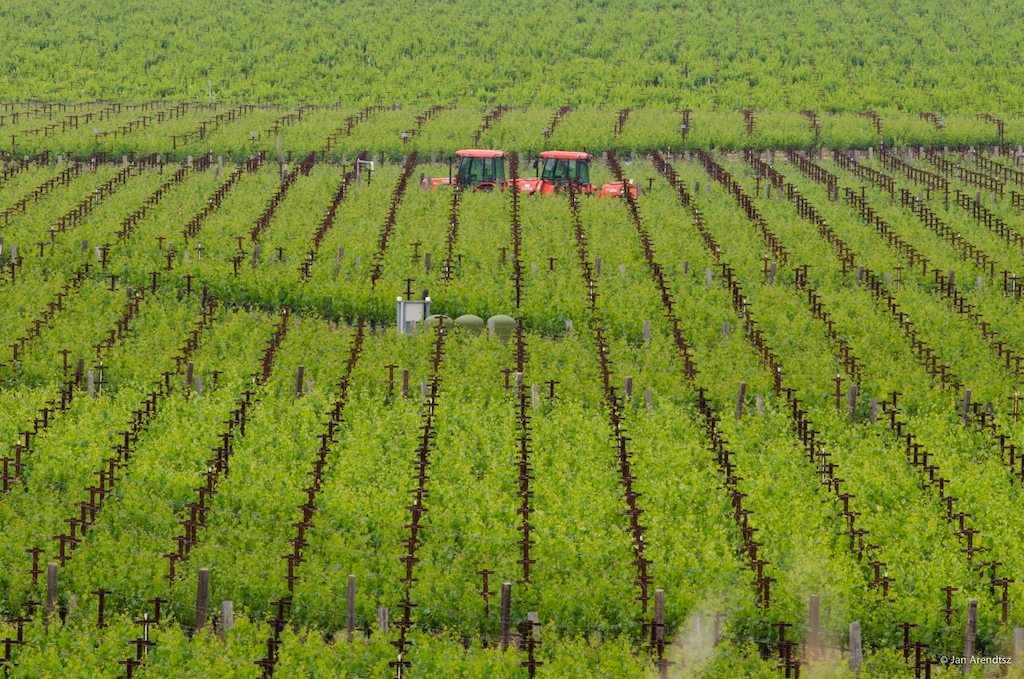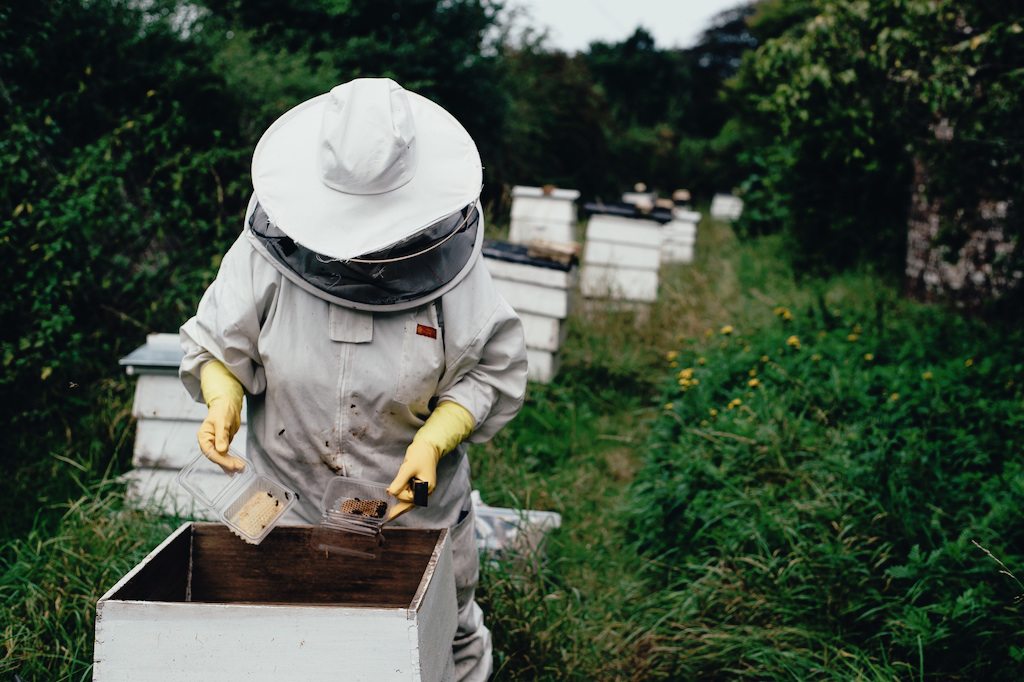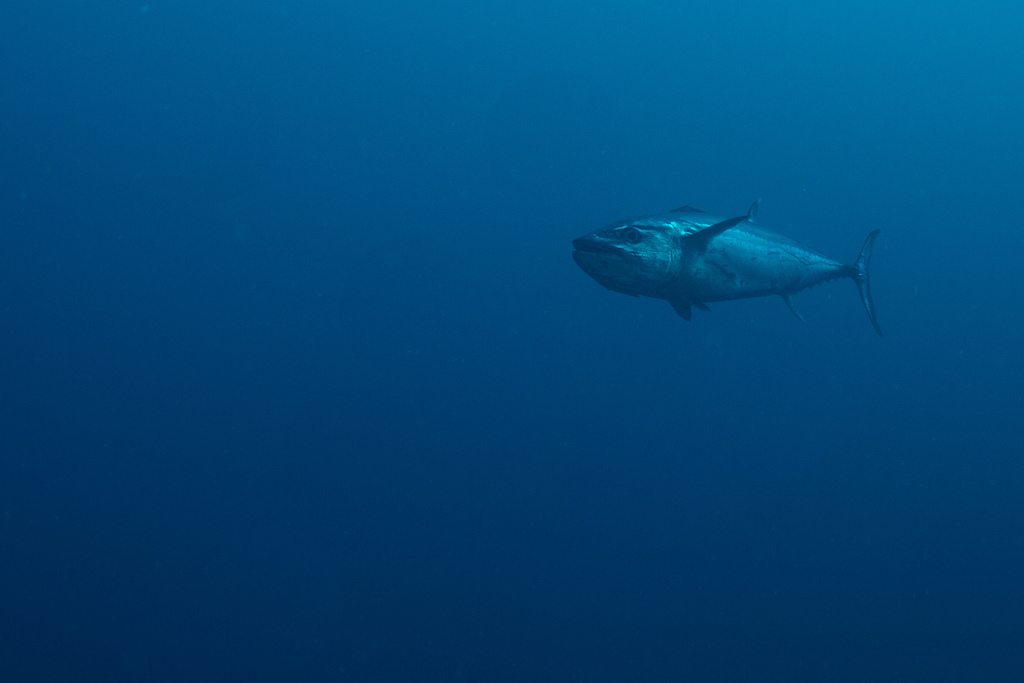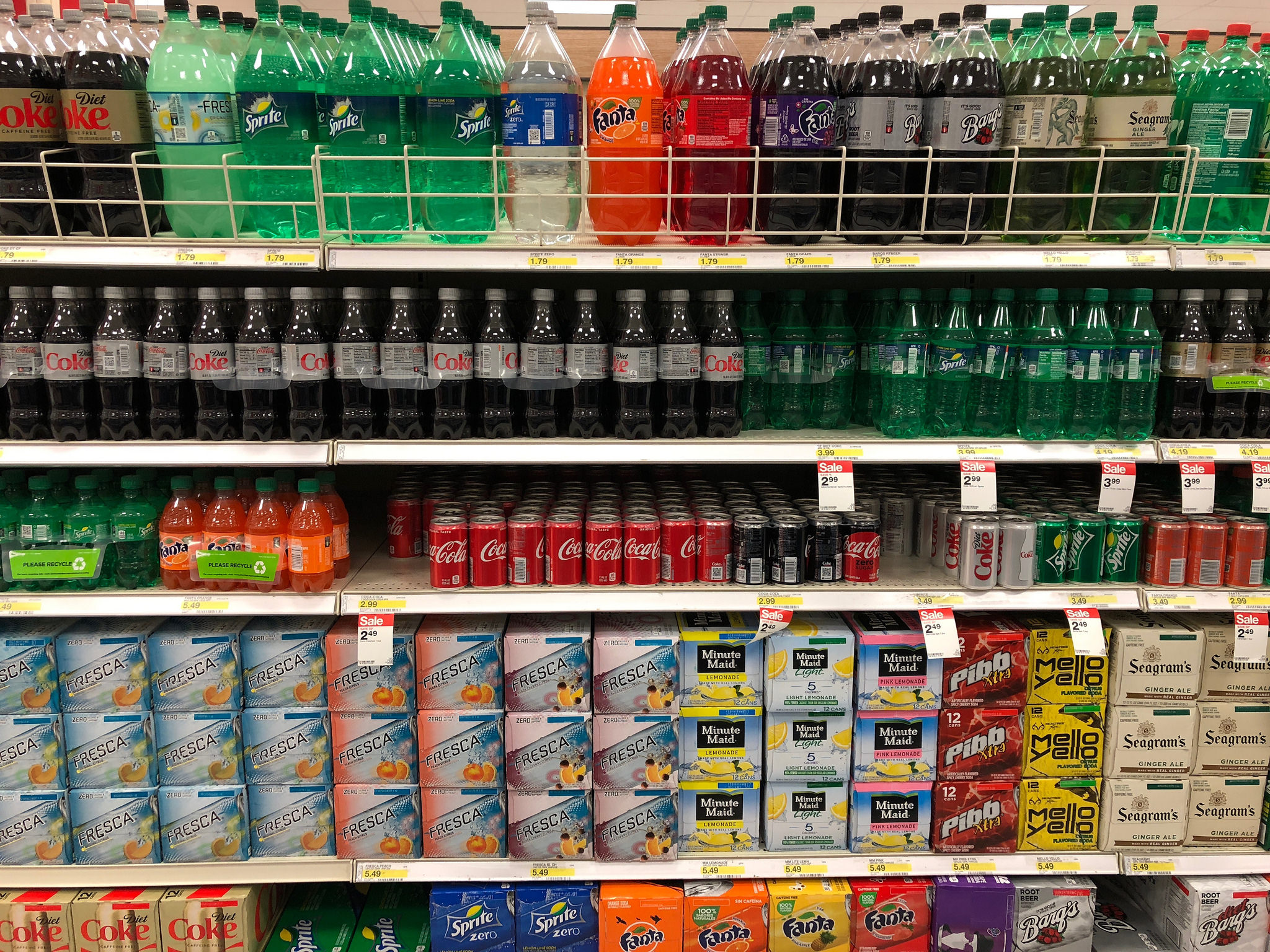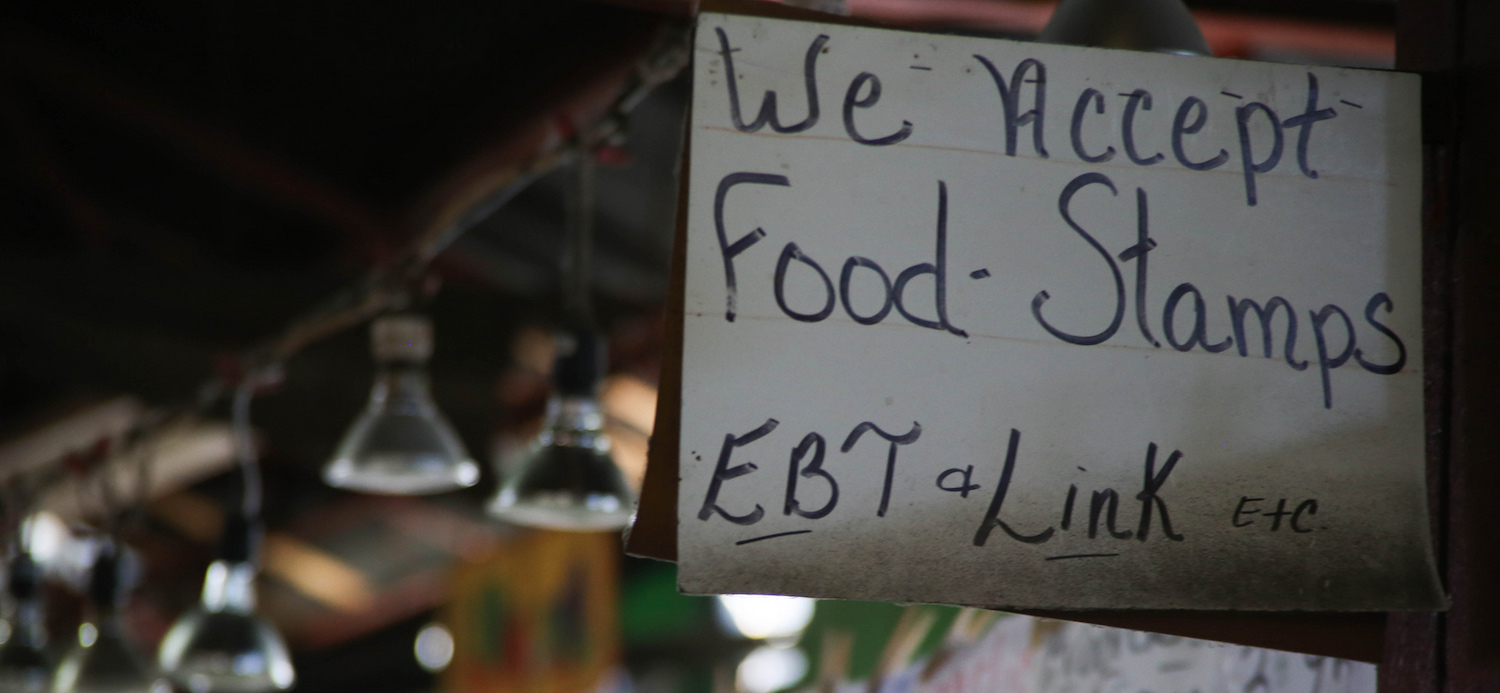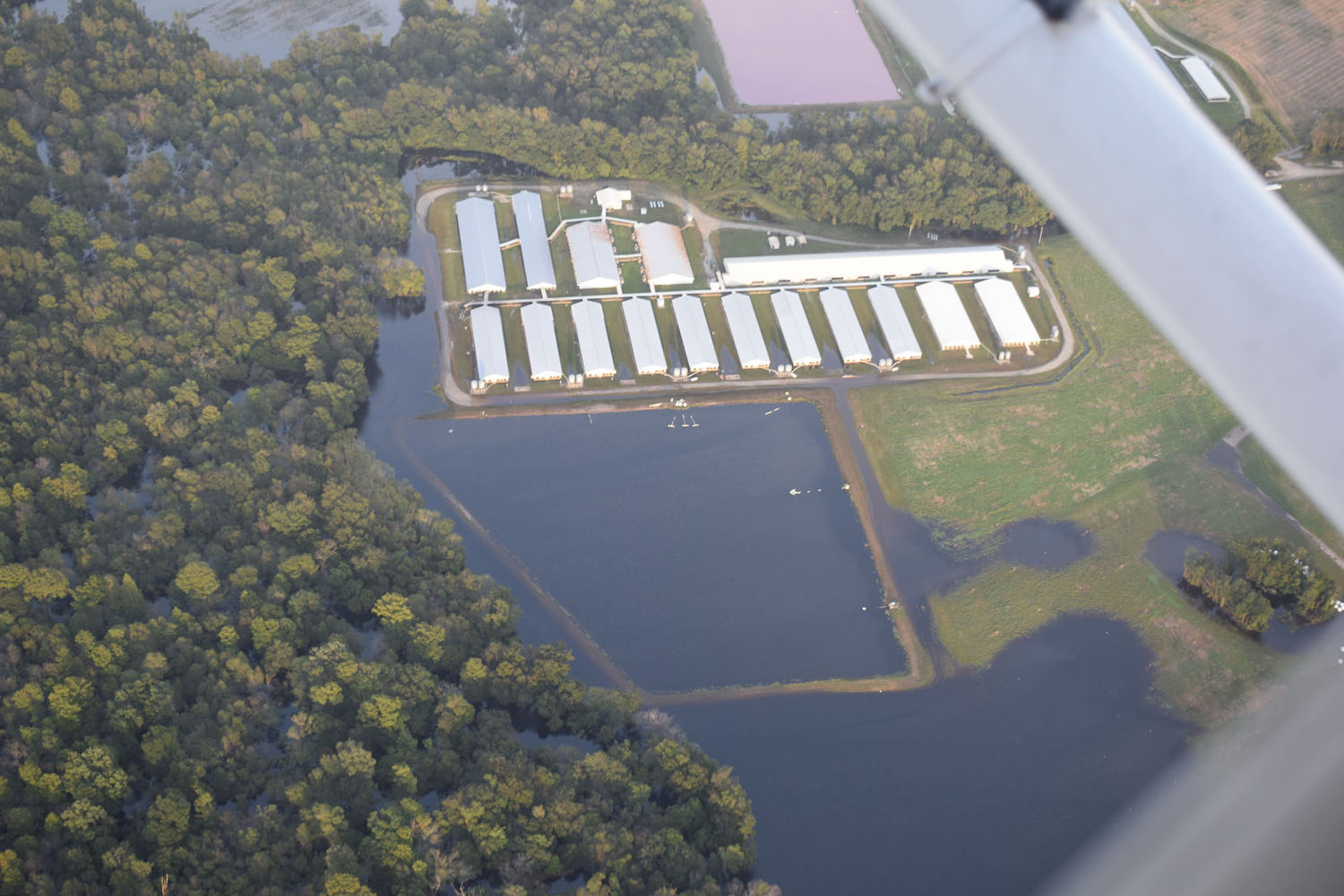Correction May 15, 2017: An earlier version of this article cited a source that said Wicked Weed’s annual Funkatorium festival had been canceled. In fact, the festival has been postponed to August 26.
Last week, we reported on the extensive backlash from the craft beer community that flowed from Wicked Weed Brewing’s announcement that it had sold itself to AB InBev (ABI). Since we published, the dogpile has continued: Brewbound reports 44 breweries backed out of the Weed’s annual Funkatorium, and the brewery has postponed the festival.
All that anger isn’t really about Wicked Weed, though. It’s about ABI. So why does everyone hate Bud’s parent company so much?
To recap: Craft brewers feel like the conglomerate engages in anti-competitive practices. Just last week, Boston Beer Company founder Jim Koch called for a Department of Justice crackdown on ABI, claiming that it and Molson Coors make up a “duopoly”—together, the two companies produce 90 percent of U.S. beer. (The Samuel Adams parent company reported $161.7 million in revenue in the first quarter of 2017, but yes, it’s still technically “craft.” That’s another story.) The feeling among craft brewers is that the highly concentrated market makes it easy for the power players to engage in shady practices. Still, they often don’t have a whole lot of evidence to back those feelings up. The pay-to-play strategies they suspect, which result in benefits like tap placement and shelf space, are illegal and nearly impossible to prove without an investigative team.
Since I wrote that story, two new developments have lent more substance to the craft industry’s crying foul.
First, Massachusetts investigators on Tuesday charged ABI with providing almost $1 million in illegal incentives to Boston bars and bottle shops. The Boston Globe reported on Tuesday that the Alcoholic Beverages Control Commission, having investigated the single InBev distributor that serves the greater Boston area, charged ABI with providing illegal incentives to more than 400 businesses. Investigators allege ABI gave away more than 500 Budweiser-branded fridges, which the company delivered and installed for free in exchange for a promise that they’d be used only for ABI products. Investigators allege the fridges do, in fact, have “substantial value” estimated at $500 to $5,700. (Yep, $5,700. Video display!)
As we reported last week, it’s usually against the law for alcohol companies to give bars and bottle shops any branded swag of “substantial value.” Those laws vary a bit from state to state—for example, in Missouri (home of Anheuser-Busch) the governor recently signed a law allowing breweries to lease coolers to businesses. Craft brewers opposed the rule, arguing that it will give ABI products an advantage as Bud-branded fridges may mean ABI products wind up with an unfair proportion of shelf space.
ABI is also charged with providing 70 “signature draft towers,” valued at $3,500 a pop. The hearing is scheduled for June 20. As the Boston Globe points out, authorities have recently cracked down on “pay-to-play” strategies in the craft community as well. They charged the state’s largest craft distributor, the Craft Brewers Guild, for paying $120,000 in kickbacks to restaurants and bars in 2016. ABI is accused of providing roughly eight times that amount in Bud swag.
The week’s second development happened Wednesday: ABI choked off the entire supply of South African hops to U.S. craft brewers. That’s a big deal, and a little more complicated than free fridges.
Last year, we reported on a scuffle that touched on this subject. When a Serious Eats reporter interviewed craft brewers on what it was like to be acquired, one of the major perks they all agreed on was increased access to hops. In a rebuttal, Modern Times owner Jacob McKean argued that hops aren’t all that hard to come by. But last spring, pretty much every media outlet was reporting a hops shortage in the United States. So what’s the deal with the hops supply? And what does it mean that ABI has a lock on the South African stuff?
Turns out, hops plants take a few years to mature, which leaves farmers playing catch-up to demand. So while the U.S. acreage devoted to hops has increased significantly, they’re not all available yet. On top of that, many breweries contract with farmers 3 to 5 years in advance, Slate reports, which means many of the mature plants are already spoken for. So the “hop shortage” that had everyone up in arms in April of 2016 resulted from a mix of all those factors: prices were up, Europe’s harvest was bad, and new brewers who hadn’t perfected their supply chain were feeling the pinch.
Back to today: South Africa produces less than one percent of the hops grown globally. But the relatively small supply is in high demand—Firestone Walker brewmaster Matt Brynildson told Brewhound they have “super explosive tropical qualities.” ‘Nuff said.
The hops that make the journey from South Africa to the U.S. come from hop farms owned by SABMiller. In the past, SABMiller has made its surplus crops available to the U.S. craft market by way of independent distributors. But last year, SABMiller completed its mega-merger with ABI, which means the conglomerate now owns all those hop farms. And yesterday an independent distributor in South Africa released a memo saying that ABI is keeping the entire South African hop crop for itself. That’s almost 2 million pounds of hops, Marketwatch reports.
Of course, ABI is fully within its legal rights to keep those hops. It released a statement to that effect, essentially saying that this year’s yields were smaller than expected. It’ll use about 90 percent of those hops in its South African Bud analogue Castle Lite, and it’ll sell some to South African craft breweries. The remaining five percent will go to AB InBev brands in other countries.
Sure, the move represents a short-term dilemma for U.S. craft brewers who were counting on being able to purchase South African hops this year. But, as Beer Street Journal points out, the long-range implications are a lot more significant: ABI has the power to shut off supply from an entire region of the world to the rest of the U.S. market in an instant.
And that, combined with its rapid craft brand acquisitions and its alleged flaunting of pay-to-play rules, makes it a pretty scary competitor.
